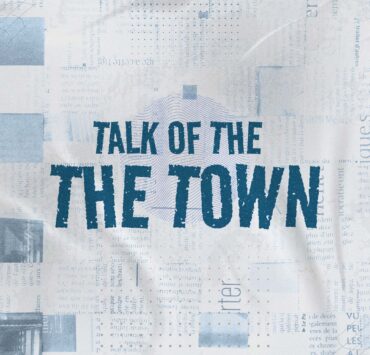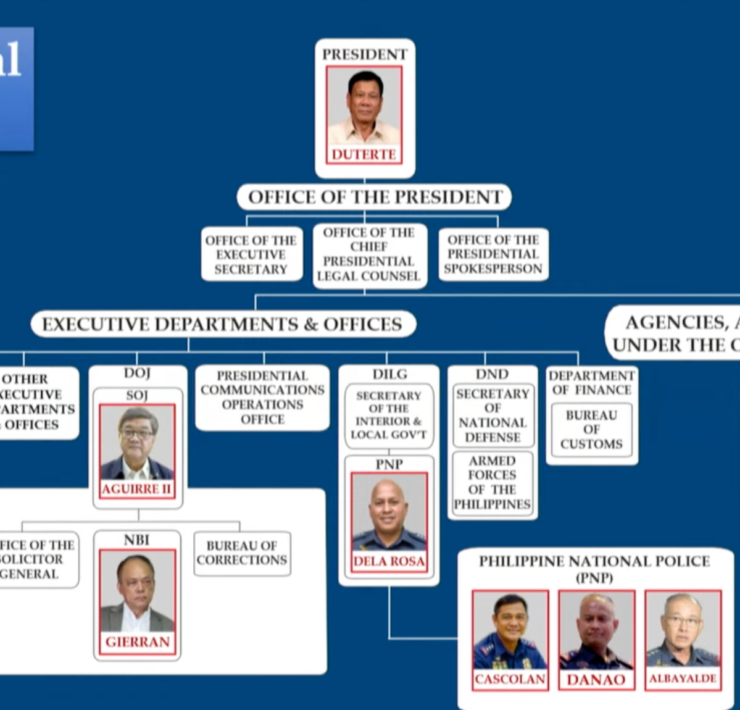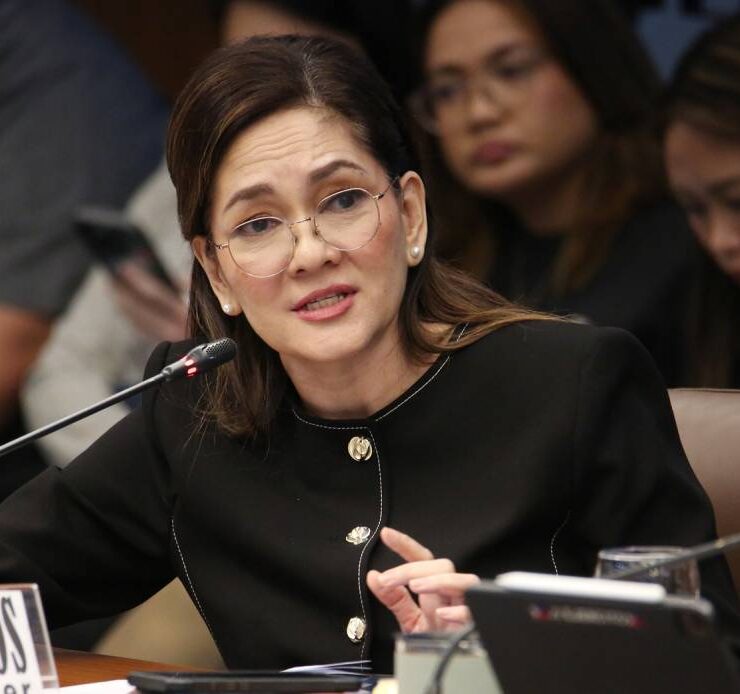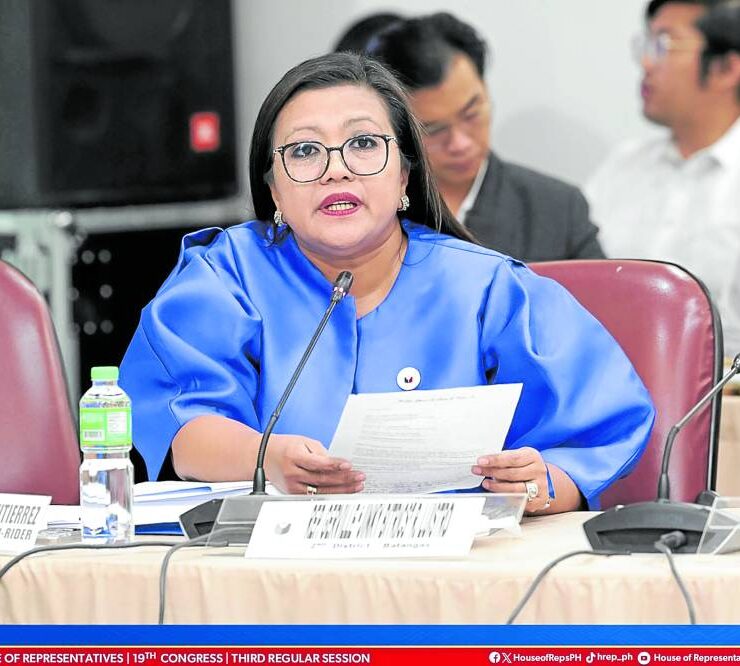Can shaming stop corruption?
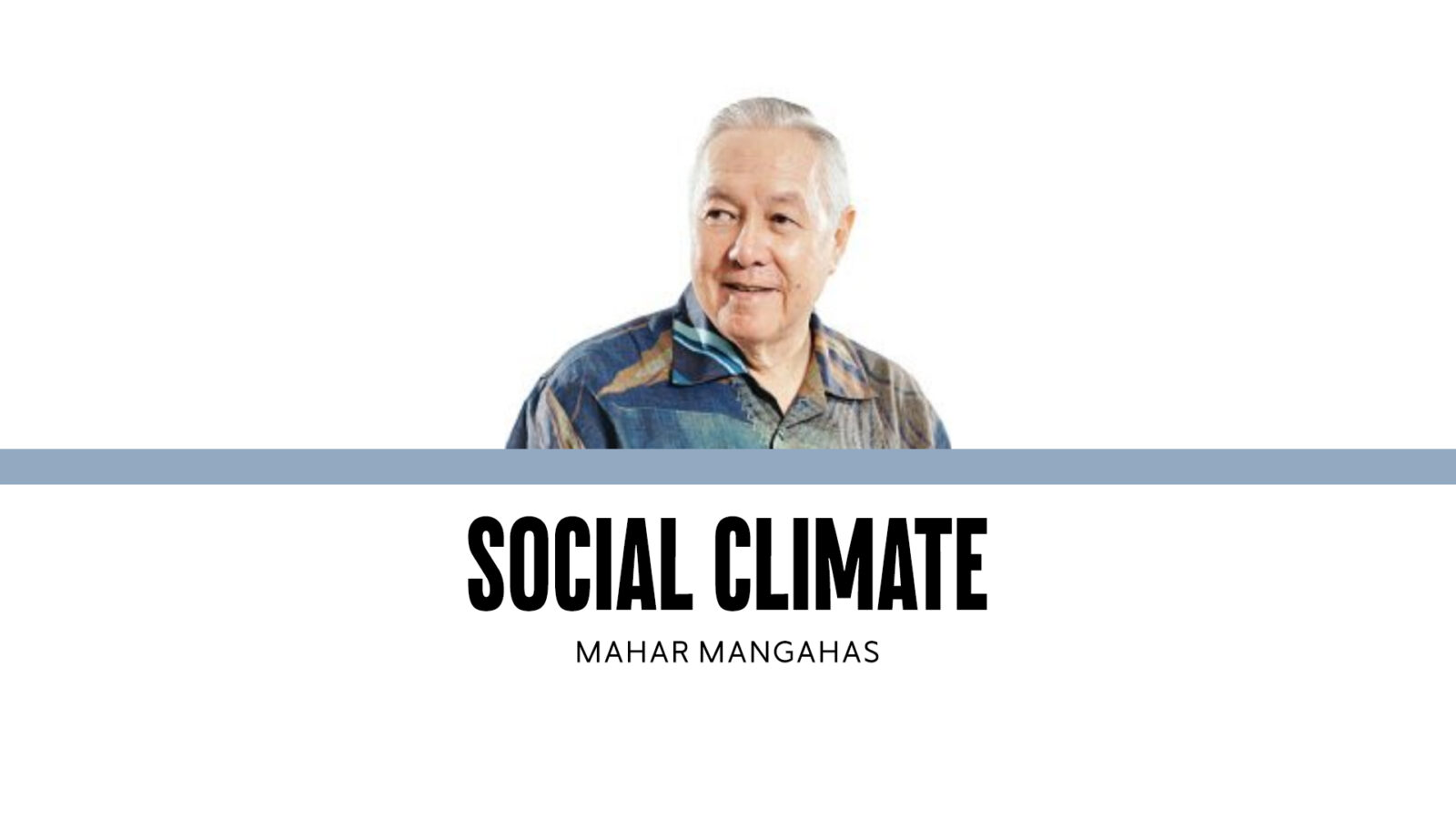
Last Monday, since an appointment prevented me from viewing President Marcos’ State of the Nation Address, I had my secretary download it, and found its 22 pages studded with the audience’s reactions, like “[applause]” and “[applause and cheers].” On page 21, after Mr. Marcos says, “Mahiya naman kayo lalo sa mga anak natin na magmamana sa mga utang na ginawa ninyo, na binulsa lang niyo ang pera, (You should be ashamed before our children who will inherit the debts you brought about, just to pocket the money)”—it goes: “[Crowd: BBM! BBM! BBM! BBM! BBM!]” (https://stateofthenation.gov.ph/sona/2025/.)
The SWS Report Card. The subject of eradicating graft and corruption is perennially the second-worst, after fighting inflation, in the Report Card that Social Weather Stations (SWS) has generated quarterly since 1992. The series of grades, per subject, is charted in the SWS Annual Survey Review. As of December 2024, Net Satisfaction with the national administration’s performance in fighting inflation was -12, while that in eradicating graft and corruption was -3; the only other negatively-graded subject was ensuring no oil companies take advantage, which got -2 (www.sws.org.ph, 2/19/25).
The next-worst subject, fighting crimes, had a grade of net +4, which we call “neutral.” All the other subjects had significantly positive grades: ensuring no hungry families, +26; defending Philippine sovereignty, +32; telling the truth, +34; preparing for climate change, +38; preparing for typhoons, +44; ensuring efficient transportation, +45; ensuring food security, +46; implementing housing for the poor, +49; developing science and technology, +51; generating jobs, +51; helping the poor, +57; improving children’s education, +60; helping victims of disasters, +65.
All in all, I see that the people are giving decent grades to the performance of the national government. Inflation in the cost of living is now less than 2 percent per year, which is a good sign. Corruption continues to be the persistent enemy. Fighting it falls under the United Nations’ Social Development Goal 16, “Peace, justice and strong institutions.” SDG16 has 10 outcome targets, one of which is to substantially reduce corruption and bribery.
The Corruption Perceptions Index (CPI). The CPI is the most globally accepted way to rate corruption in a country. It was developed by Transparency International (TI or transparency.org), a non-profit founded in 1993 by Peter Eigen and associates. Eigen, a German, is a retired senior staff member of the World Bank (WB) who was appalled by the extent of corruption he saw in his postings around the world, corruption occurring in the WB and the agencies it dealt with. I have met him personally, at the TI headquarters in Berlin; he is the real thing.
The CPI is an index of public sector corruption that ranges, in principle, from 0 to 100, and in practice from 6 (South Sudan, the worst) to 90 (Denmark, the best). These are numbers for 2024, released in February 2025, in a report covering 180 countries and territories; it is freely downloadable. The Philippine CPI score is 33, which ranks it as tied for 114th in the global group.
For the Asia-Pacific region in particular, the CPI scores are: Singapore (84), Japan (71), Taiwan (67), South Korea (64), Malaysia (50), Timor-Leste (44), China (43), Vietnam (40), Indonesia (37), Thailand (34), Laos (33), Philippines (33), Cambodia (21), and Myanmar (16). Laos presumably comes before us due to a fractional difference. We should feel embarrassed to be third from the bottom among the Asean countries (no data for Brunei).
The CPI is constructed by aggregating the evaluations of private research agencies, consultancies, and individual experts worldwide, networked with TI. These evaluations are constructed in many ways and then standardized into the zero-100 scale.
Many of the institutions are multinationals, connected to big businesses. The people involved are the highly educated elite, whose professional work requires knowing the reputations of the top politicians, bureaucrats, and business people in their stations. What they report to TI are judgment calls, to be sure; I think they are at least as reliable as the calls of referees in international sports. TI’s data on the Philippines must be coming from its network of informants here. (I am not in the network, by the way; TI used to have a Philippine representative, but not anymore.)
I cannot guess how much a shaming approach can do to lessen corruption. I am only pointing out that the CPI is a reliable gauge of the extent of public sector corruption in the Philippines and elsewhere. Perhaps we can learn how other countries raised their CPI scores. Achieving real victories against corruption here, whether accomplished by the administration or by other elements in society, will improve the Philippine CPI score, and the rest of the world will learn of it.
Dr Mahar Mangahas is a multi-awarded scholar for his pioneering work in public opinion research in the Philippines and in South East Asia. He founded the now familiar entity, “Social Weather Stations” (SWS) which has been doing public opinion research since 1985 and which has become increasingly influential, nay indispensable, in the conduct of Philippine political life and policy. SWS has been serving the country and policymakers as an independent and timely source of pertinent and credible data on Philippine economic, social and political landscape.














